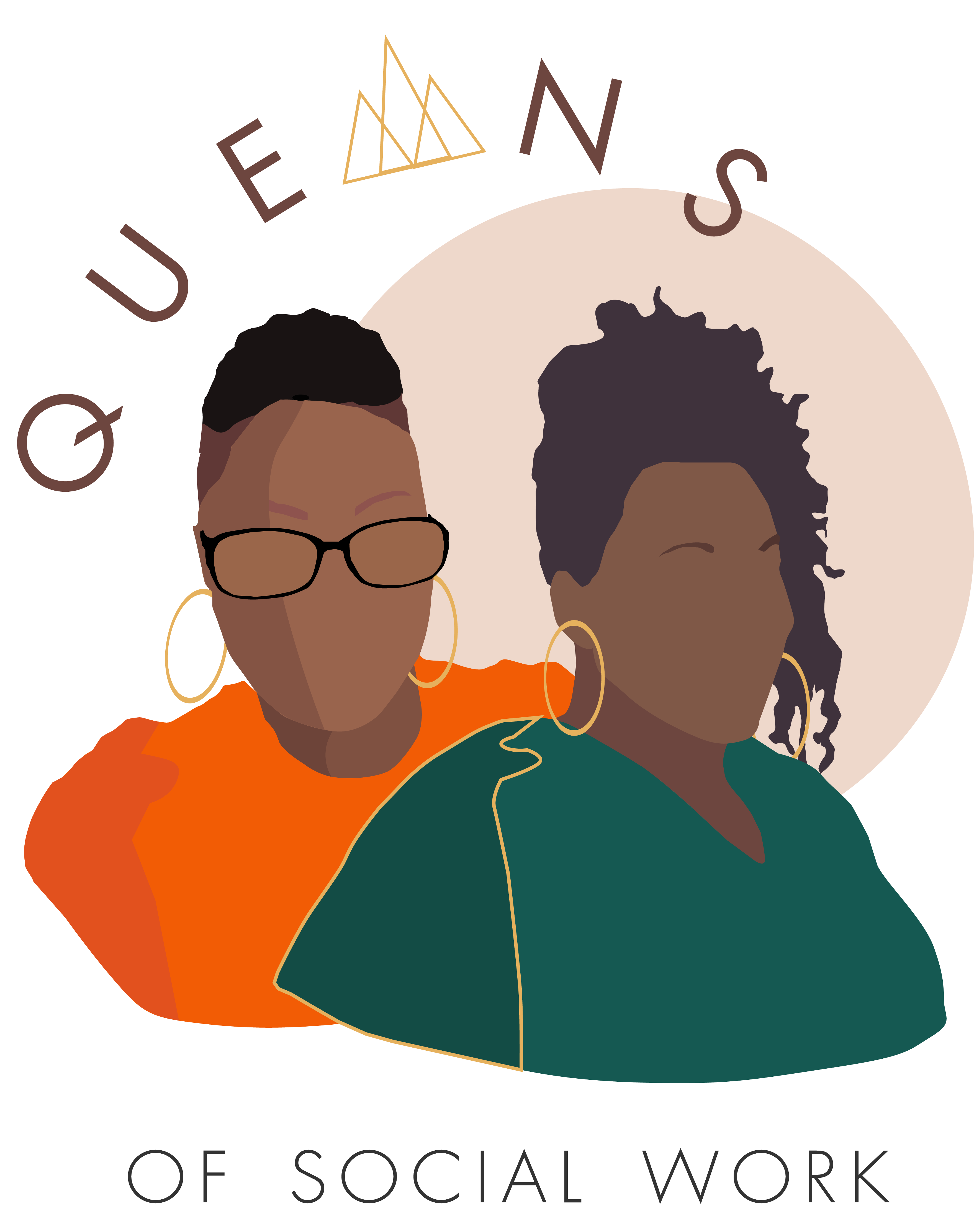Goal setting is a transformative tool for achieving personal and professional success. For social workers of color, navigating complex environments while pursuing ambitions can be challenging. Whether you’re striving for career growth, financial stability or personal fulfillment, setting structured, achievable goals can make the journey more manageable and rewarding.
In this post, we’ll explore the essentials of goal setting, how to overcome common barriers and strategies tailored to social workers of color striving to empower their communities while advancing their own lives.
Why Goal Setting Matters
Goals provide direction and purpose. They act as a compass, keeping you aligned with your aspirations despite obstacles. As social workers, you may already help clients create goals, but it’s equally important to apply the same principles to your own ambitions.
For social workers of color, goal setting takes on an added dimension. Often working in underserved communities, you may feel the dual responsibility of fostering systemic change while pursuing personal growth. Intentional goal setting can help balance these demands and fuel resilience.
The SMART Approach to Goal Setting
A proven method for effective goal setting is the SMART framework:
- Specific: Clearly define what you want to achieve. For example, instead of saying, “I want to save money,” specify, “I want to save $5,000 for a home down payment.”
- Measurable: Include metrics to track your progress. Quantify your goals where possible.
- Achievable: Ensure your goal is realistic given your current resources and circumstances.
- Relevant: Align your goals with your values, passions and long-term vision.
- Time-Bound: Set a deadline or timeline to maintain focus and momentum.
Strategies for Success
- Understand Your “Why”: Your motivation is the foundation of goal setting. Are you driven by the desire to uplift your community? To achieve financial independence? Knowing your “why” will keep you focused, especially when challenges arise.
- Break It Down: Divide large goals into smaller, actionable steps. If your goal is to earn a graduate degree, start with researching programs, then gathering application materials and finally applying to schools one by one. Celebrate small wins along the way.
- Visualize Your Goals: Create a vision board or write a daily affirmation. Visualization reinforces your intentions and keeps your aspirations top of mind.
- Set Accountability Systems: Partner with a colleague, mentor or trusted friend who can provide feedback and encouragement. Accountability can significantly improve your chances of success.
- Reward Yourself: When you achieve a milestone, take the time to celebrate. Rewards, big or small, reinforce positive behavior and keep you motivated.
Overcoming Barriers
Social workers of color often face unique barriers, from systemic racism to limited access to resources. Here’s how to navigate common obstacles:
- Time Constraints: Use time-blocking techniques to prioritize your goals amidst demanding schedules.
- Impostor Syndrome: Remember that your skills and experiences are valuable. Affirmations and peer support can help combat self-doubt.
- Resource Limitations: Research scholarships, grants and community resources to fund your ambitions.
- Burnout: Practice self-care to recharge and maintain balance.
Tailored Goals for Social Workers of Color
Here are a few ideas for goals that may resonate with social workers of color:
- Advocate for policies addressing systemic inequities in your workplace or community.
- Pursue certifications or degrees that enhance your expertise and credibility.
- Create a financial plan to build generational wealth.
- Develop initiatives that celebrate and empower underrepresented voices.
From Goal Setting to Living the “Soft Life”
Goal setting is a powerful way to structure your ambitions, measure progress and achieve personal and professional growth. But once you’ve reached a goal, what’s next? For many, the idea of the “soft life”—a life defined by ease, balance and intentionality—represents the ultimate reward for hard work and perseverance.
The soft life challenges the traditional narrative of constant striving and hustle, encouraging us to prioritize well-being and joy. For social workers of color, who often juggle the dual demands of advocating for their communities and pursuing personal growth, this concept can offer a refreshing perspective on what it means to succeed.
Is the soft life a meaningful goal in itself or is it just another fleeting social media trend? Explore this deeper conversation in our podcast episode, “Soft Life: Is it an Actual Goal or Just a Social Media Trend?” Learn how this philosophy can help you create a fulfilling, intentional life while celebrating your accomplishments. Listen here or below.
